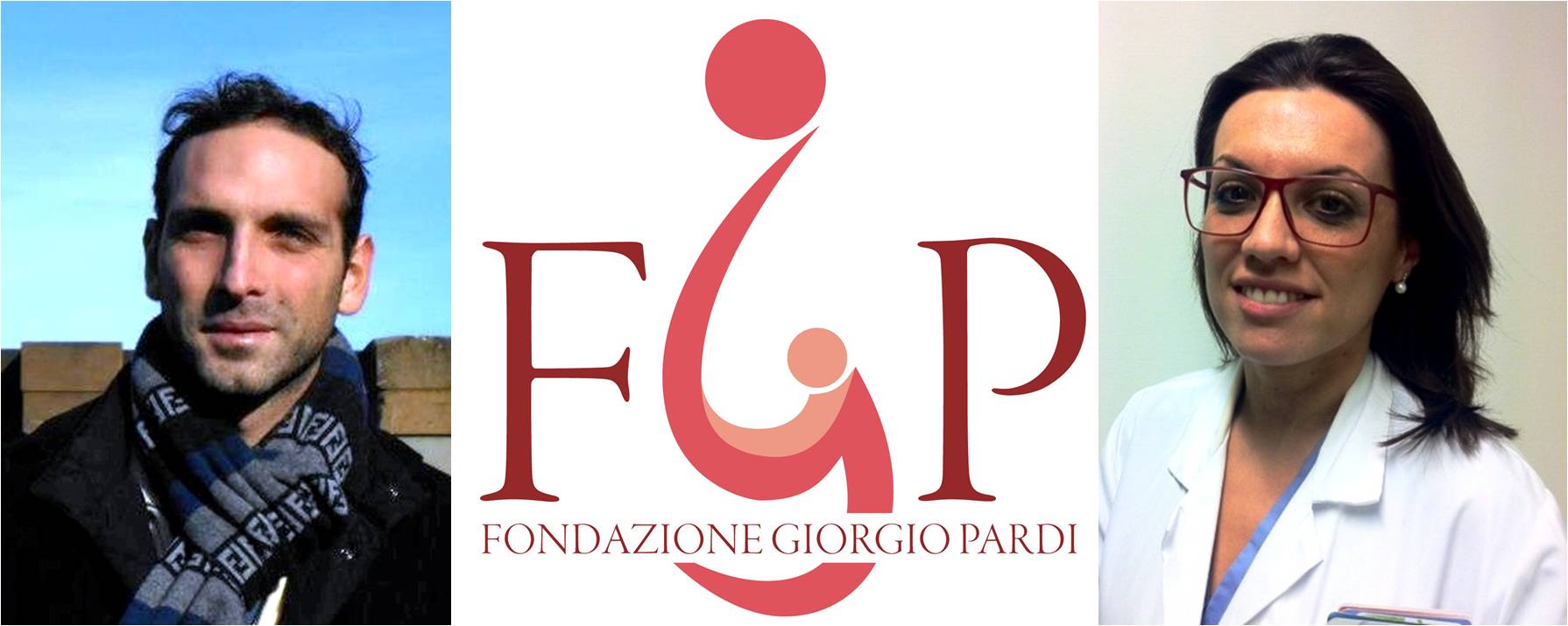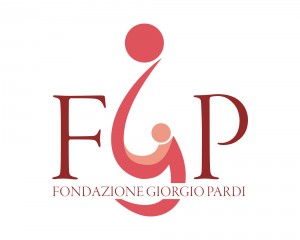
Firenze, 16 marzo 2013
La Fondazione Giorgio Pardi continua il sostegno in Italia ai migliori giovani ricercatori e medici per curare sempre più mamme e bambini.
Oggi al “7° International DIP Symposium on Diabetes, Hypertension, Metabolic Syndrome, and Pregnancy” (link congresso) la Fondazione (per la Fondazione la Prof.sa Cetin) insieme alla Presidenza del Congresso (Professori Moshe Hod e Gian Carlo Di Renzo) premia i migliori 2 lavori presentati da ricercatori under 4o anni che lavorano e/o studiano in Italia (clicca qui tutti i 70 giovani sostenuti).
[linkedin layout=”1″][googleplusone size=”small” lang=”it”][tweet username=”FondGiorgioPardi” layout=”horizontal” lang=”it”]
[margin10]
I due vincitori sono:
Maria Lieta Interdonato – 29 anni – (Specializzanda Ostetricia e Ginecologia Policlinico Universitario “G. Martino” – Messina). Qui il cv.
Premiata per: “REDUCED INSULIN RESISTANCE IN OVERWEIGHT, NON OBESE PREGNANT WOMEN TREATED WITH MYO – INOSITOL SUPPLEMENTATION”
RESEARCH DESIGN AND METHODS: Among women enrolled in a previous study ( D’ Anna et al. Diabetes Care 2013), in which Only pregnant women with a family history of type 2 Diabetes were treated with2 gr of myo – inositol twice a day from the firsy trimester, we chose Only 34, Who were overweight ( BMI 25.0 – 29.9).
We have compared these women with all other overweight women ( n. 70), Who underwent OGTT at 24-28 weeks gestation in the dame 2 year period and delivered at out Hospital. Main outcomes measure Was the incidence of gestational Diabetes in both groups. Secondary outcomes were incidence in macrosomia, CS, gestational hypertension and preterm birth.
RESULTS: The Two group were comparabile for pre- pregnancyBMI and percentage of nulliparous women; they weren’t comparable for maternal Age and family history of DM2.
The prevalence of GDM , the mani outcome measure Was significantly reduced in the myo – inositol group compared with the placebo group.
A significant difference Was Also highlighted in the glycemia at the OGTT IN THE FIRST HOUR; instead no difference at basal values or faterà 2 h glycemia OGTT was shown.
For the other outcome measures, there were no difference between the Two group.DISCUSSION: this study confirms that myo – inositol may reduce the incidence of gestational Diabetes. Lack of evidence on secondari outcomes might be’ due to limited number of women enrolled.
CONCLUSION: myo-inositol supplementation in overweight non obese pregnant women.[/toggle_framed]
 Angelo Sirico – 26 anni – ( Specializzandoa Ostetricia e Ginecologia Federico II – Napoli). Qui il cv.
Angelo Sirico – 26 anni – ( Specializzandoa Ostetricia e Ginecologia Federico II – Napoli). Qui il cv.
Angelo è stato premiato per l’abstract “MIRNAS-BASED REGULATION OF GENE EXPRESSION IS ALTERED IN AMNION FROM OBESE PREGNANT WOMEN”
L’obiettivo del nostro studio è stato quello di indagare come l’obesità materna possa influenzare l’espressione genetica dell’amnios attraverso meccanismi epigenetici come i microRNA, facendo ipotizzare quindi un ruolo della stessa nell’aumento del rischio fetale di obesità e sindrome metabolica
[toggle_framed title=”Leggi l’abstract premiato”]Background and aims: Maternal obesity could lead suboptimal intrauterine conditions that could increase the fetal risk for obesityand other metabolic diseases. This process, called “fetal programming” can be regulated by epigenetic mechanisms, such as
microRNAs (miRNAs). Our aim was to evaluate the miRNA expression profile of amnion from obese and non-obese pregnant
women and to evidentiate metabolic pathways potentially deregulated.
Methods: We recruited 10 obese (BMI>30 kg/m2) and 5 non-obese (BMI< 25 kg/m2) pregnant women at delivery.
A total of 365 human miRNAs was evaluated by the TaqMan Array Human MicroRNA Panel v1.0 and serum adipokines were
measured by Luminex xMAP Technology. We used TargetScan Release 5.0 and KEGG database to predict miRNA target genes
and to identify biological pathways.
Results: MiRNAs profiling showed that 73.4% of the 365 miRNAs are expressed in the amnion, 4.8% of these miRNAs is upexpressed
(RQ>2) and 4.5% is down-expressed (RQ< 0.5) in at least 7/10 obese pregnant women. Bioinformatic analysis of
deregulated miRNAs showed that several target genes were involved in relevant pathways among which: tight junction, focal
adhesion, adherens junction, Wnt-signaling, pathways in cancer, ECM-receptor interaction, MAPK and adipocitokine signaling.
Higher values of leptin and L/A ratio were detected in obese vs non-obese pregnant women (P-value=0.01 and P-value=0.001).
Conclusion: Present study reveal, an altered miRNA expression in human amnion from obese women. This suggests that the
differently expressed miRNAs could deregulate several pathways and have therefore potential effects on fetal development,
increasing the risk of metabolic diseases in adulthood.[/toggle_framed] [margin10]
Presidente Fondazione Giorgio Pardi
Segretario Generale Fondazione Giorgio Pardi




